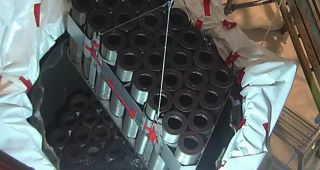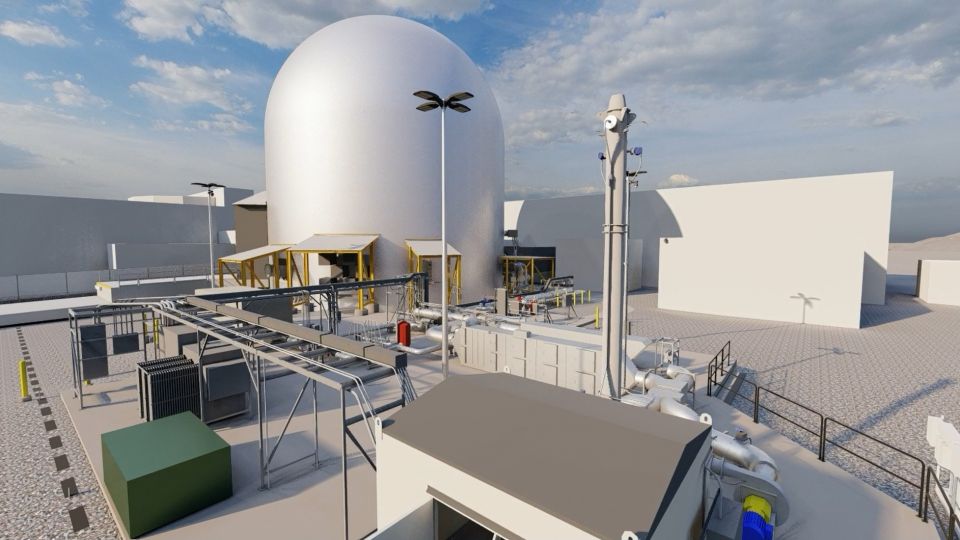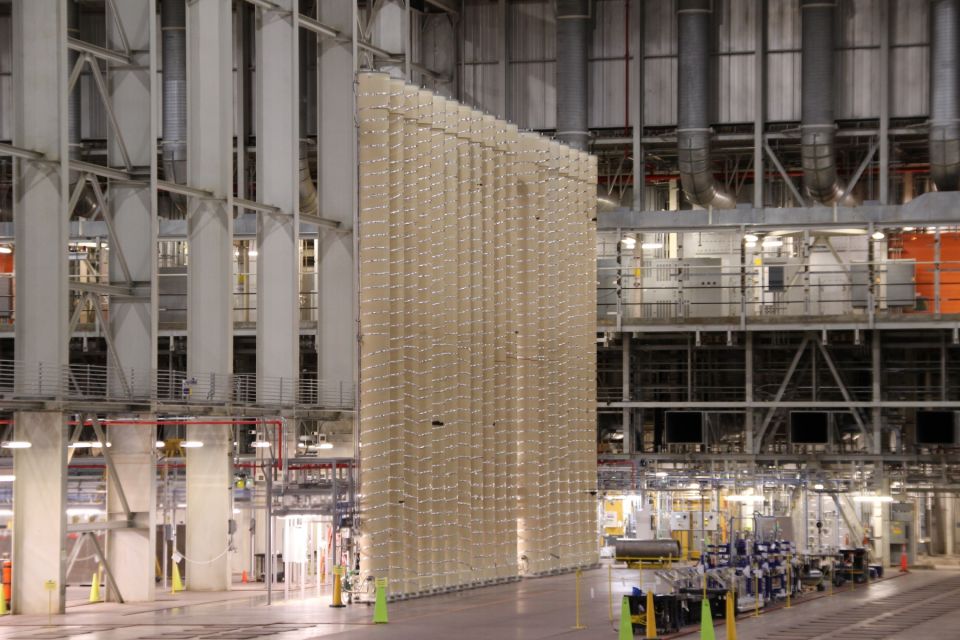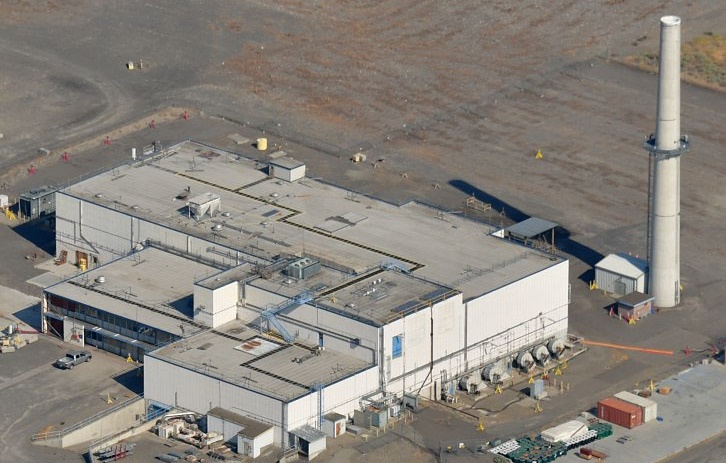Kathryn Huff stepping down from DOE Nuclear Energy post
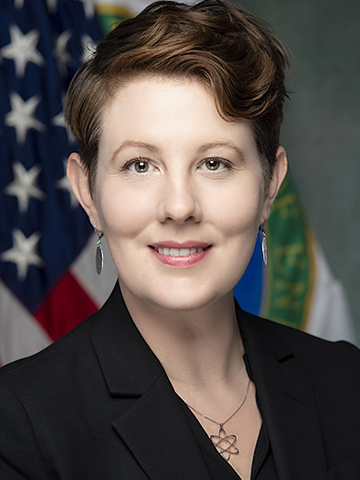
Huff
After serving two years as the Department of Energy’s assistant secretary for Nuclear Energy, Kathryn Huff will vacate that position on May 3 and return to teaching. Huff had started at the DOE in May 2021, serving for one year as the principal deputy assistant secretary for Nuclear Energy.
“Serving in this capacity has been an unparalleled privilege, and I’m immensely grateful for the opportunity to have worked alongside you--the dedicated and talented public servants in Nuclear Energy, in DOE, and across the Biden-Harris Administration,” Huff wrote in an email announcement to colleagues last week. “I chose this timing to enable the smoothest transition back to my professorship at the University of Illinois at Urbana-Champaign where my beloved research, students, husband, and dog await.”


